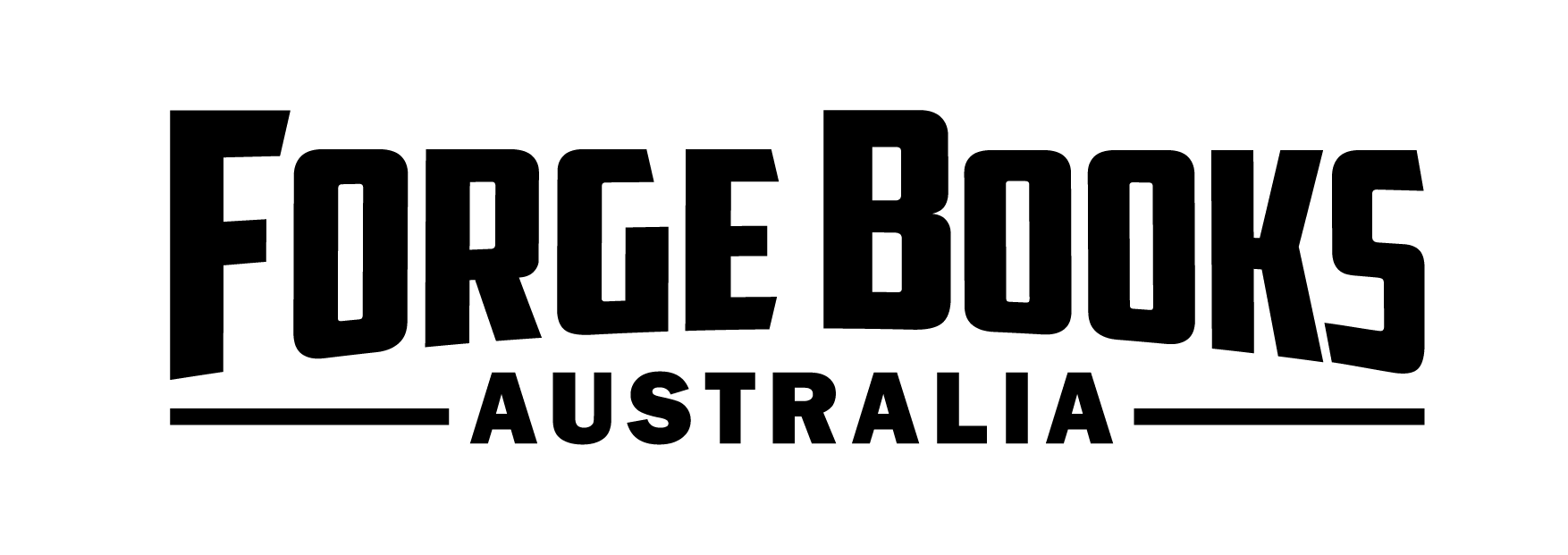In acquiring the necessary skills for research studies, study, and writing essays is vital to success in your university education and many career opportunities. The students are given essay writing tasks pretty much on all subjects. It is not just history however it’s an intimidating subject for students, isn’t it? They have to be able to remember the years that have passed, dates, people, events, etc. Students have difficulties dealing with the task. So, they start thinking about how to write an historical essay with the same precision as a professional.
Don’t worry! We recognize that students want to excel in every essay writing task. And they wish to earn scores that aid in improving their academic track record. We also offer online history homework help because we want that you will achieve the grades you desire.
Find The History Essay, Research the past with Writing
An essay on history isn’t only a list of information in a written document that is copied and pasted. A compelling essay will explain something important about the past; it needs you to think about the subject matter objectively, acquire details from multiple sources, go through and review opposing arguments.
Knowing how to write the history essay is not any different from other tasks at college and in the classroom.you can find more here easy essay writer from Our Articles First of all, you have to comprehend what a history paper is?
A writing assignment or history essay in which the student tries to make a case about a remarkable historical event and supports his opinion with facts that are convincing from reliable sources.
The Objective of Assigning a History Essay
When you don’t know why you are writing this essay in the first place, it can be difficult for you to figure out how to write a successful history essay. an academically competent student. The aim of a historical essay is straightforward: to assess your abilities in writing, research and evaluation, as well as thinking in a rational manner, and to evaluate your progress when learning about history in general.
How to Write A History Essay Just like a professional writer?
With step-by-step guidance on how to write a history essay, this blog attempts to help university students. Find the complete instructions for writing history essays. Essays about historical subjects have unique writing styles that are their own. It’s not normally the traditional style of writing essays in English or science.
Through this article, you can get guidance on inputting in-depth facts, even if you have chosen topics with less scope. Follow the instructions below and then write your essay professionallyand efficiently.
Make sure you are aware of the question
Sometimes , professors assign essay subjects with multiple sub-questions regarding the topic they expect you explain. These sub-questions can help you understand the topic fully. They offer suggestions that can be considered, however these are usually not the main questions that you must answer when writing your paper. Be sure that you separate these questions from sub-questions.
Do Brainstorming
You can brainstorm possible scenarios and answers. Make time to think of what you’ve heard about the subject. Take note of your thoughts. This is the point at which you can it is helpful to include all your ideas without studying the entire subject. It is important to consider each element of your ideas that are related to the topic. After brainstorming, consider the things you need to know about the topic. Take this information as a reference for your thesis research section.
Begin Research
Depending on the essay subject You will need to conduct your own research or rely on notes you’ve taken in class. No matter what the assignment, all historical writing requires references. Once students have determined a subject and made a list of questions pertaining to history which they want to answer, they turn to their sources to answer them. Basically, sources come in two categories-
1 Primary source- It is the material created at the time of study. Some examples of this include speeches diaries, correspondence, dispatches as well as economic data, newspaper editorials, literature, art and films.
2 . Secondary sources includes the material produced after the duration of the study. A typical example is Google research, other scholarship applications or writers, YouTube videos, etc.
Write a thesis statement
When you reach this point, then you’re aware of what the topic or the essay’s criteria You’ve thought of possible solutions, and have completed the research. It is helpful if you taken a step back now, look at the facts you have and formulate your argument. What response do you give to your question(s) is built on the study or study you’ve completed? What arguments did the sources you have used to develop? Write a thesis statement which you create an argument that helps the reader know the contents you’ll include.
